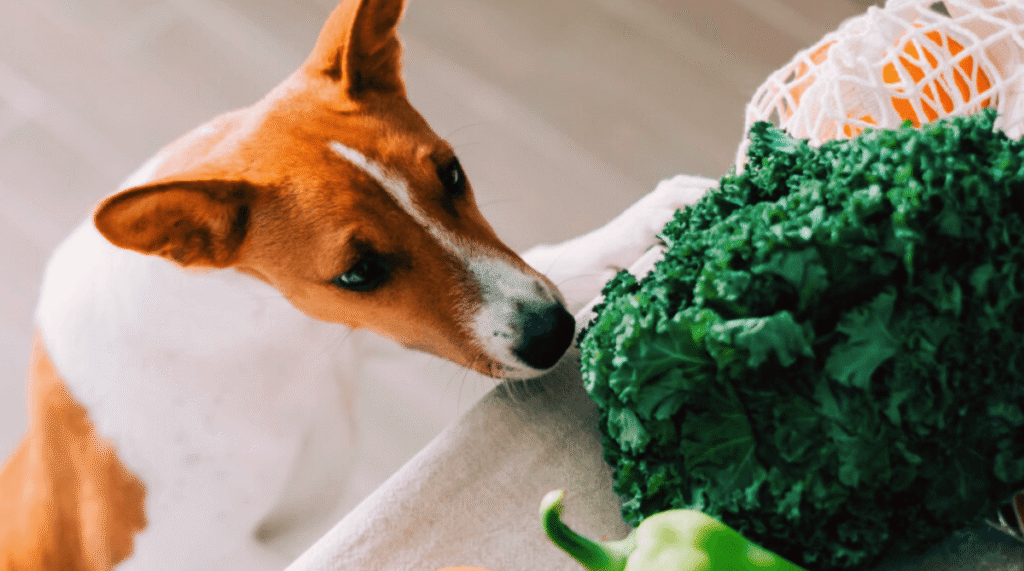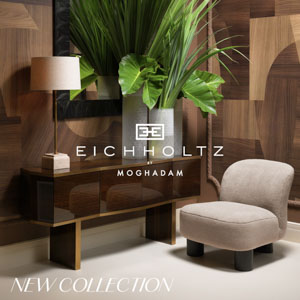Happy Museau: dog food like grandma used to make

In Monaco, Eleonora Roversi is revolutionising dog food by bringing back something our grandmothers knew in their day: simple and authentic fresh ingredients, the keys to animal welfare.
Back to basics
In an age when industrialisation has processed even what’s in our four-legged companions’ food bowls, the central question is: what do our pets really eat? Eleonora Roversi, founder of Happy Museau (‘Happy Snout’), has seen a disturbing development over the years. “When my grandmother used to cook for us, she would also cook for the dogs. I’ve seen animal health change with the arrival of industrial food,” she says.
This observation, which is both personal and general, has led her to create an approach that reconciles tradition and modern science. Because behind the nostalgia lies a physiological reality: dogs, descended from wolves, have a shorter intestine, which is designed to metabolise animal proteins, not to digest the flour, gluten and artificial additives that make up the majority of industrial foods.
Cottage versus industry
Unlike the dog food giants, Happy Museau has opted for a cottage (artisanal) laboratory, as is authorised in the European Union, where just two people – the owners themselves – prepare each meal. “It’s a proper kitchen, not a factory,” says Eleonora. “Some of the vegetables have practically zero mileage, and everything is traceable from the moment the raw materials are selected.”
The production process is the opposite of industrial extrusion, which subjects foodstuffs to extreme temperatures. Here, recipes are cooked at low temperature, a technique used in gourmet cooking to preserve nutrients and flavours. The meals are then vacuum-packed in certified sachets that don’t release microplastics, guaranteeing freshness and safety.
Understanding the obscure
One of Eleonora’s battles is to educate owners. “Nobody learns how to read a dog food label,” she regrets. If they did, they would find out some disturbing truths. The ingredients are listed in descending order: if cereals or animal meal are at the top of the list, meat is only a minor ingredient. What’s even more disturbing is that the protein content advertised on industrial kibble is often misleading. “Sometimes under 10% comes from real animal protein, and the rest is from nutrient-poor flours,” she explains.
This scientific approach is a pragmatic rather than a dogmatic one. Low-quality protein slows down digestion, encourages intestinal fermentation and opens the door to intolerances, dermatitis and other pathologies that are now common among pets.
Individual rather than breed
Eleonora’s vision is that every dog is unique, just like every human being. “There is no such thing as a universal diet,” she stresses. Age, weight, amount of activity and even temperament all influence nutritional needs. This personalisation echoes modern trends in human nutrition, with tailor-made food is becoming the norm.
A word of caution: mindful feeding is not just about their main meal. “Snacks and treats are part of their daily intake,” she reminds us. And let’s not forget some little-known dangers: chocolate, onions, garlic, grapes and avocado are some of the foods that are potentially toxic for our pets.
The luxury of simplicity
Apart from the nutritional aspects, Eleonora has what she calls a ‘One Heart’ philosophy – a single heart that unites humans, animals and nature. “Taking care of a dog isn’t just about feeding it, it’s about recognising the deep bond that brings harmony and well-being to the whole family,” she explains.
However, there are obstacles to this holistic vision. The cost of fresh ingredients and monitored supply chains is high, and European regulations, designed for the big industrial manufacturers, make life difficult for small-scale producers. “It’s hard to educate people,” she says. “Some people find the price high, but they don’t factor in the savings on vets’ bills, and quality of life.”
What to do if your dog is poisoned?
She believes that Monaco, with its wellness culture and mindful lifestyle, is the ideal place to get this paradigm shift started. “It’s not just about food, it’s about creating a community where animals are treated as sentient beings,” she concludes.
In a world where we are rediscovering the virtues of local, fresh and authentic produce for ourselves, Eleonora Roversi asks: don’t our pets deserve the same?











